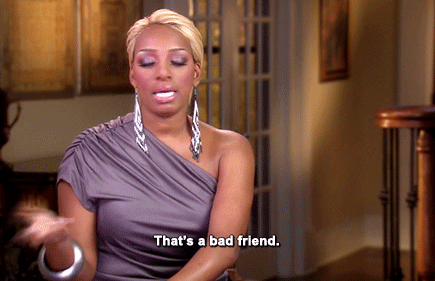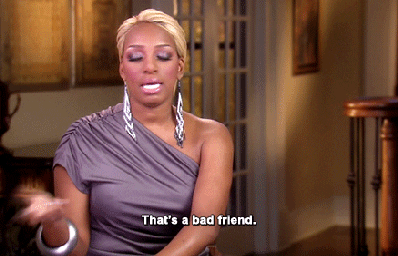Not to sound like a pick me, but I most definitely had a huge character arc from when I was 15. I believe that times shape people, and as I grew from a shy, insecure high school girl who had no hope for the future into a 21-year-old who fights hard for every career opportunity she gets, I recognised the groups of people who joined and left my life. Over the five years, some joined, some left, some stayed, some returned after a long hiatus. I’ve always remained in a place of passivity, letting people decide their place in my life—not because I wanted to, but because I never realised I could have a say in who got to stay and who had to leave—and it’s been incredibly empowering. Over the years, I’ve learnt to always choose yourself and preserve your peace of mind, because you’re the only one with full control over it. If surrounding yourself only with people (not necessarily always erupting with rainbows, sunshine and optimism) good for your growth makes you a better person, definitely take the time to sift out the ‘bad’ ones.
That being said, letting go of a friend, especially a dear one, can be really tough. For me, these are the people who ‘adopted’ me in a class where I didn’t know anyone, so I felt strongly that abandoning them would automatically make me ‘ungrateful’. This guilt-tripping made me drag my feet in letting them go even though I felt zero connection and secretly disagreed with their opinions for years.
If you’re with me so far in facing the same struggles, this is your unofficial guide on how to release a friend in your life.
The signs:
- You’re making excuses for them, repeatedly
If you find yourself making excuses for them too often, that’s a huge red flag. No excuse is too small or insignificant, whether it be them not showing support for your wins, talking about a mutual friend negatively behind their back, even something as ‘self-centered’ as forgetting your birthday repeatedly. As with a partner’s behaviour, if they wanted to, they would.
- You feel breadcrumbed or taken for granted
This is less common in my experience, but when a friend pops up only in a time of need and there’s radio silence every other time, it’s time for them to go.
- You don’t feel a connection to them anymore
Having said that, a friend doesn’t have to be absolutely toxic in order for you to decide to hit the ‘unfriend’ button. It’s natural for people’s character to evolve with age, especially when you’re younger in age and still finding yourself. When you’re too different, these changes can manifest in moments of awkwardness or disagreement.
How to do it, sans the drama:
- Draw a clear divide in your mind
Acceptable behaviour for a friend is completely subjective. I’ve met friends who had beef with somebody just because she never liked her posts on Instagram, and others who forgave their friends even though their behaviour was arguably unacceptable. If you’d rather not make a scene, separate the people in your life by setting boundaries in your mind—who would you feel willing to go the extra mile for, and who would you not?
If there isn’t something inherently and deeply wrong with this friendship, and it’s just a matter of not having aligned views any longer, try just remaining cordial.
- Distance yourself
This sounds pretty obvious, but it also relies on how perceptive your ‘friend’ is. You don’t have to reject all their hangout requests, but go for fewer of them.
- Send a (respectful) and fair message
If your situation calls for actual action on your part, to draw a very clear boundary of sorts where the other party is cognizant of it, draft a message that is detached and non-accusatory. One simple way, as suggested in this article, to avoid sounding like you’re pointing fingers is to stay away from “you” statements and keep to “I”or “me” statements as much as possible. Here, state how they have crossed a line, how that made you feel and how you’d like your friendship or non-friendship to continue afterwards. For example:
Hi xxx, I just wanted to let you know that when you (what they did), that made me feel (how you felt). I understand that it’s not your intention to cause harm, but I’d appreciate it if you refrained from xxx in the future.
Remember to not get attached to their potential answer, or believe that their answer is the reflection of the truth.
- Don’t feel guilty
Arguably the most important tip of the lot is to not “feel bad”. Empathy is something many of us were conditioned to feel, and though it’s a great quality, it can backfire in situations like this. Never be afraid to place your well-being and preserve your safe space first, especially when your “friends” aren’t afraid to cross your boundaries.

